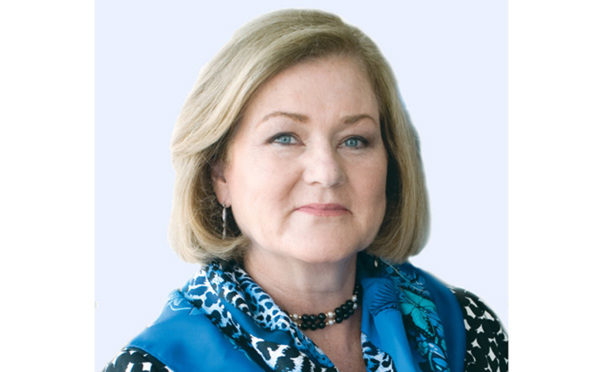On the day that the debtors in the SunEdison Chapter 11 case (Case No. 16-10992) (the debtors) filed for bankruptcy, they also moved to appoint an examiner. The debtors made this request because of, among other things, problems with the debtors’ prepetition internal controls over financial reporting. Indeed, only several months prior to filing for Chapter 11 protection, the debtors reported equity value in the billions of dollars. Ultimately, however, the debtors withdrew their examiner motion and the attendant investigative responsibilities were largely deferred to the Official Committee of Unsecured Creditors (the Committee). Notably, the Committee never filed an official report on the debtors’ value.
During the debtors’ Chapter 11 case, the debtors continued to publicly report substantial equity value. Notwithstanding these figures, the court twice declined to appoint an equity committee and ultimately overruled shareholder objections to confirmation of the debtors’ plan, which argued that the debtors were improperly funneling value that belonged to shareholders (who received nothing under the plan) to creditors, in violation of the absolute priority rule. In making these determinations, the court ruled that the debtors were “hopelessly insolvent,” basing that conclusion on the unreliability of the debtors’ publicly-reported figures and on evidence that the debtors’ debts far exceeded the debtors’ market value.



